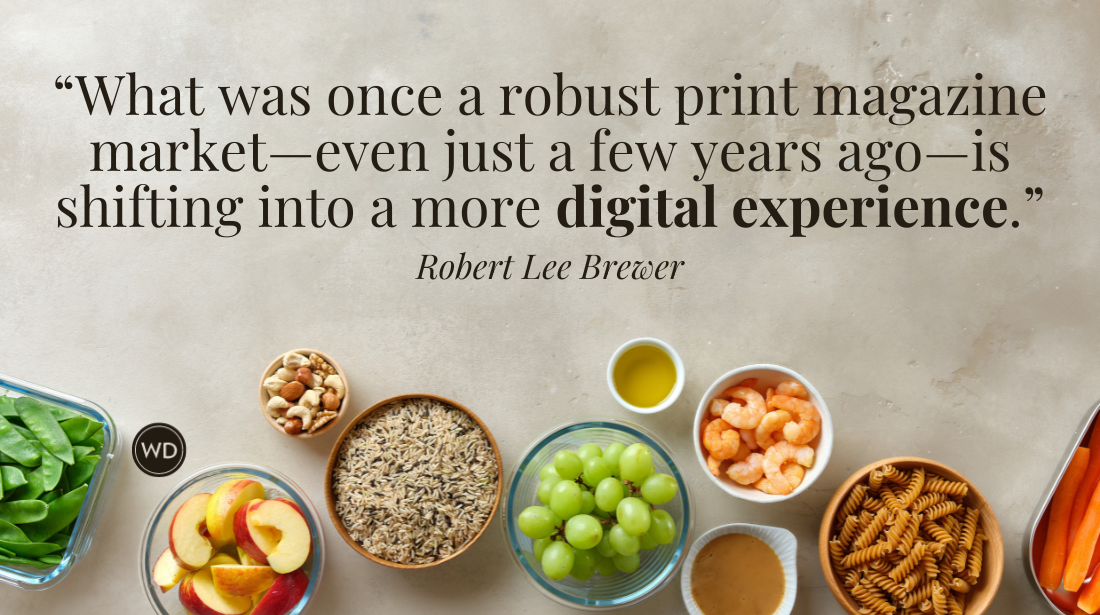A Feast of Days (Part 3): Pitch Fest
Photo by Michael L. Stanton Today’s guest post is by emerging writer Darrelyn Saloom, who recently attended the Oxford Creative Nonfiction Writers Conference, and is offering up a 4-part narrative…
Today's guest post is by emerging writer Darrelyn Saloom, who recently attended the Oxford Creative Nonfiction Writers Conference, and is offering up a 4-part narrative on the experience. Darrelyn is a regular guest here at No Rules. Follow her on Twitter or read her previous posts.
On the thirteenth of November I woke up panicked by my surroundings. A ceiling fan wobbled above me and my eyesight blurred just enough to turn my world into a mirage. With no snoring husband beside me, it took a few minutes to remember I was in a hotel room in Oxford, Mississippi. Relieved, I stretched in bed and basked in solitude. Then a thought snatched my reprieve—I’m at the Oxford Creative Nonfiction Writers Conference and the pitch fest is today.
Into the shower I tried to remember the new blurb I had practiced on co-writer, Deirdre Gogarty, last night after a reception at Memory House, the former home of William Faulkner’s brother John and his family. We had mingled with guests, instructors, and authors in the century-old Greek revival. In the dining room an antique table held silver trays of chocolates and sandwiches. The bar was set up on the long and winding back porch, so we spilled from dining room to Victorian veranda all evening.
The images of the night swooped up to greet me as I stood before the bathroom mirror and practiced my pitch. I recalled one of the literary agents at the party telling me I didn’t need to bother standing in line to pitch her the next day. She said she was interested in the memoir and to just send her the proposal. Such a relief! But Deirdre and I had traveled to Oxford to pitch two literary agents. So I rushed off to eat breakfast in a hurry to blunder my way through a day of calamity.
Down the elevator and then a long hallway, I polished my pitch on anyone who’d listen. Deirdre met me in the hotel’s breakfast area, so we filled our plates and sat down to discuss the day’s upcoming events. While collaborating on the memoir, I learned how Deirdre spent a lifetime struggling with shyness and knew about her unease in social settings. As she ate, she allowed me to babble away and never interrupted my pitiful delusion that I should do the pitching. We would go to the pitch fest together, but I would do the talking.
We made our way to the third floor of the Overby Center and found long queues had already bloomed, the longest one stretched in front of the agent who already requested our proposal and the agent we came to pitch. I’d spoken to him often during the conference, so I was surprised my palms were slick while my tongue stuck to the roof of my mouth. I was digging in my bag for a cough drop when he waved and said, “No need to wait. Just send the proposal.”
Stunned, I pulled Deirdre to the side of the crowded room and told her I needed to practice my overly memorized pitch on a professional somebody. And that somebody had just taken a seat. I pointed to author Dinty W. Moore of Brevity, a nonfiction literary journal. He wore a long-sleeved, black shirt and beamed a welcoming smile as we approached his table. “The agents just want us to send the proposal,” I told him. “So I’ve had no opportunity to deliver my pitch. Can I practice on you?”
Dinty W. Moore
“Sure,” he said in a booming voice as he looked from me to Deirdre and back again. “Okay,” I continued. “Well, um …” A buzzing in my ears, I continued to talk but could no longer hear my voice. Dinty Moore’s smile disappeared and he tilted his head in apparent confusion. Not a good sign. He then crossed his thick arms in front of his wide chest and turned to Deirdre as I floated out of my body. I’ve done this before but only under traumatic circumstances.
I hovered on the ceiling and observed Deirdre’s mouth move effortlessly. Next thing I knew the affable Moore again flashed his brilliant smile. He then swung his fist in victory. “Now that’s a pitch!” he declared in a timbre born for public speaking. The excitement of his exuberance brought me back to my body. So I added the poetic ending that I’d lost in the humiliation of the moment. Again, I drew the tilt of his head.
Deirdre and I were walking back to the hotel when it dawned on me that, although shy, she had managed to climb into a boxing ring and fight to become a world champion. She’d been interviewed often throughout her career and had been featured in numerous newspapers and magazines. She’d graced televised chat shows and documentaries. She even sparred with Regis Philbin on Regis and Kathy Lee. What was I thinking?
“So what did you say to Dinty Moore?” I asked the champ. I had to ask her because I didn’t hear a word of her pitch. The buzzing ears, the trip to the ceiling, I had missed the selling point, the story, everything. Deirdre calmly explained that she had told him all the things I’d been talking about for days. She had not practiced in front of a mirror, or bombarded everyone who would listen.
She had ad libbed the whole thing.
--
Did you know? This year Dinty W. Moore wrote a book, Crafting the Personal Essay, with Writer's Digest. Go check it out.
Or read an excerpt, "The Personal (Not Private) Essay"
Jane Friedman is a full-time entrepreneur (since 2014) and has 20 years of experience in the publishing industry. She is the co-founder of The Hot Sheet, the essential publishing industry newsletter for authors, and is the former publisher of Writer’s Digest. In addition to being a columnist with Publishers Weekly and a professor with The Great Courses, Jane maintains an award-winning blog for writers at JaneFriedman.com. Jane’s newest book is The Business of Being a Writer (University of Chicago Press, 2018).








